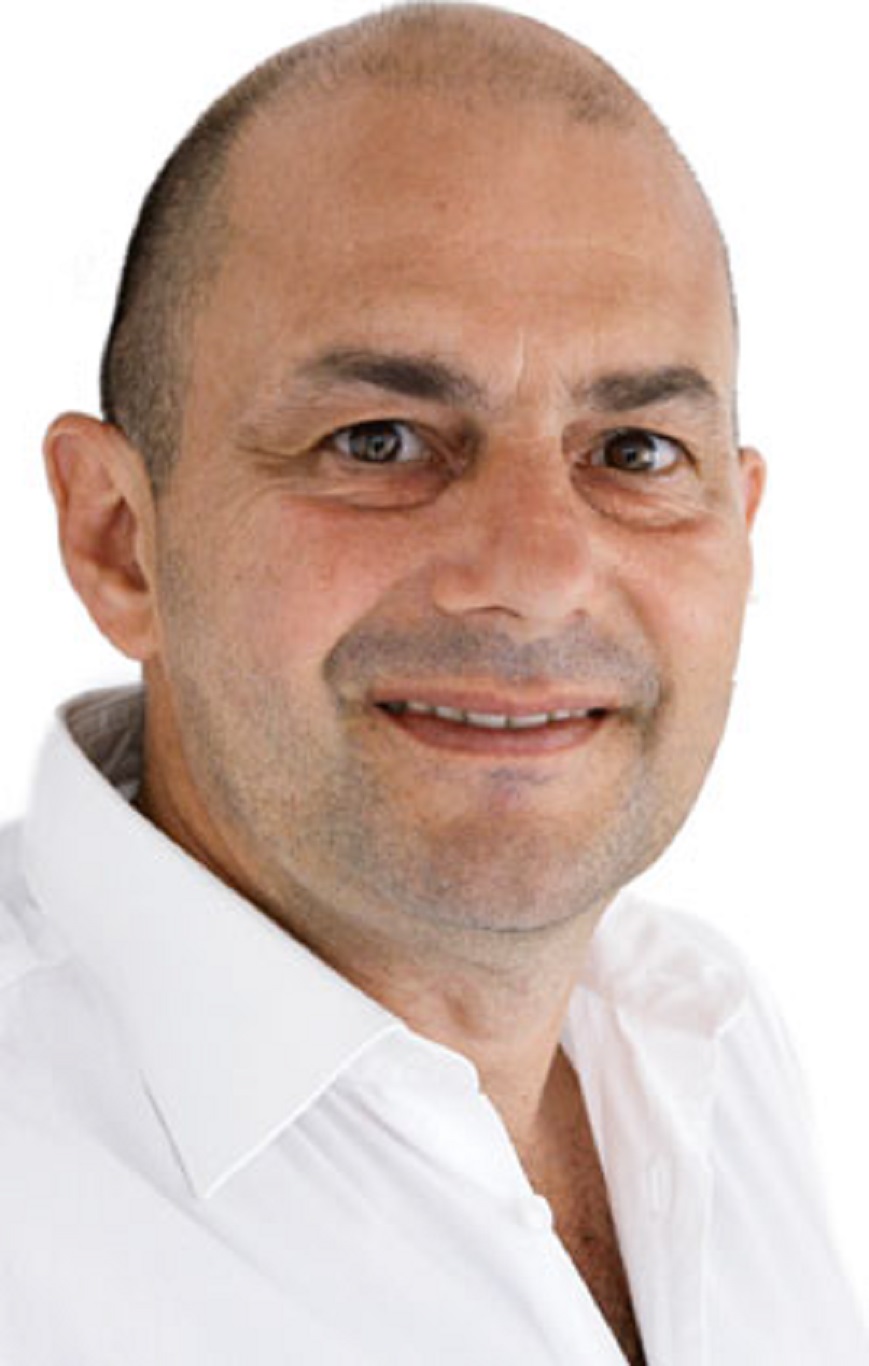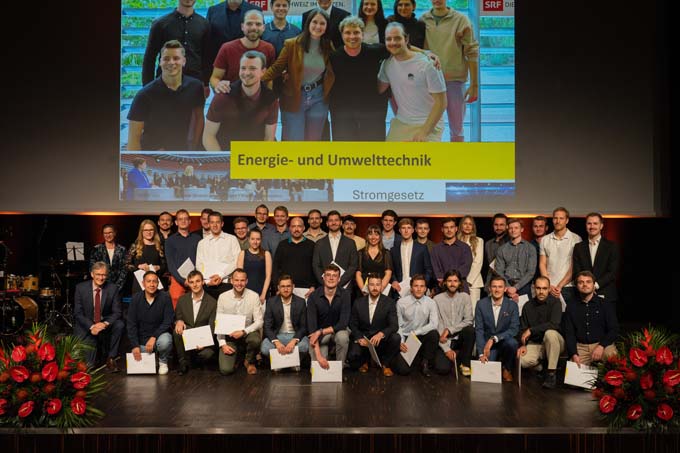"Software determines our lives"
Information technology is developing at breakneck speed. Sometimes so fast that quality falls by the wayside. Since 1983, the SAQ IT specialist group has been fostering professional exchange in order to counteract this situation. "Software increasingly determines our lives" is the motto today, which is why quality in software-intensive systems is all the more worthwhile.

Today, nothing works without functioning IT. On the contrary: more and more areas of our lives are determined by software. And new IT-based business models are constantly developing, shaking established industries to their foundations - Uber or Airbnb are prominent examples of where the journey is heading: a taxi company without its own taxis or a hotel business without its own hotel rooms...
A visionary decision
Of course, things were still different in 1983. The Internet did not yet exist, but the first affordable PCs had just appeared, making IT accessible to "ordinary people". More and more companies - not only large ones - gradually introduced IT systems. Naturally, a market developed for software solutions and IT administration services. And of course, standards had to be discussed - either within industries or across industries. Karol Frühauf, consultant and quality manager for IT, witnessed the emergence of the IT specialist group. He remembers: "The SAQ board, namely Kurt
Bär, recognized that the importance of software was growing and took the initiative to found the specialist group. At the information meeting towards the end of 1982, there were over 40 of us present, the majority from industry. This was proof that the board was right in its view of things. It was decided to create the specialist group and it became active in 1983, chaired by Hans Zimmermann (then Cerberus AG)."
Structure preserved until today
At the beginning, the focus of the work of the expert group was on basic work and "clarification". "At a workshop in Lugano, on the occasion of a conference on the subject of software quality assurance, the members of the specialist group present determined the structure with a steering committee, plenary meeting and working teams. The basic work was done in the working teams. They were a vessel for exchanging experiences on current topics and developed instructions, checklists, terminology, which were given to all members of the specialist group free of charge and to the general public for a fee." The structure adopted then has endured to this day. According to Karol Frühauf, the exchange of experience on a range of topics such as process evaluation continues to be a priority. "In addition to meetings in working teams, we organize train-by-train evening events. At the annual plenary meeting of the specialist group, the annual theme is launched with a keynote speech and during the course of the year, in each case near a railway station (hence the name), an experience report on the theme of the year is presented. This event is open to all SAQ members."
Milestones
The first SAQ conference on "Software Quality Assurance" in 1987 marked a real milestone in the history of the specialist group. We had to repeat the conference because of the great interest," says Karol Frühauf. "A total of 470 people attended. The next conference in 1991 was attended by 250 people, the third by only 70. Instead of one-day conferences, several two-day conferences were held.
The conference "Software Quality Assurance " was a milestone.
workshops were held in which various aspects of a topic - e.g. ISO 9001 and software development - were discussed in groups and the findings presented in plenary sessions, summarized in a volume and made available to the public. And Karol Frühauf mentions another episode: "A sustainable event was also the European Conference on Software Quality, which we organized in Basel. Lasting because it was not a great success financially, but also because it remained in the good memory of all participants."
With new management into the future
Since the beginning of 2015, Peter Pedross has headed the IT section. One of his first tasks was to draw up a kind of "strategic outline" in order to further develop the activities of the section. He attaches great importance to the fact that a professional exchange takes place on current topics in an informal setting. "We want to learn from each other and mutually benefit from the amount of knowledge available." In topic-related working groups, the participants discuss current problems using concrete examples and exchange ideas on solution strategies and approaches. At each meeting, it is determined whether the information is public or kept under lock and key by the participants. "We want to further improve our public relations work," explains Peter Pedross. This also includes the redesign of its own website. There it states, among other things: "Our working groups are open to the public. Work results and experiences are accessible to the general public. This creates confidence in the methods and techniques used in the development of software-intensive systems. We enable our expert groups(-members) to prepare individual topics journalistically by ghost-writers, and help to disseminate them in media." Who knows, maybe the first concrete results of this intention will be published here soon.
New topics of the present
What are the most important topics occupying the specialist group today? "The topic of process management is particularly in demand," says Peter Pedross. He explains his view of why this is so: "In the past, quality management was mainly about isolated techniques, such as how to organize reviews or tests. Today, it is more about dynamic processes and efficiency, about agility. Organizations are increasingly perceived holistically, as exemplified by the EFQM model, for example." A lot of time has passed before people in IT have also reached this point, Pedross says regretfully. "So we have to revisit a lot of the well-trodden paths. There is a paradigm shift happening: Organizations are becoming more agile, agility is becoming more important in processes. As a result, we have to relearn a lot of things. There is often no standard solution that is always valid in the style of 'it just works like this'. In managing this paradigm shift, we want to offer help on the part of our specialist group."
Change in quality thinking in IT
On the one hand, quality thinking plays a decisive role in IT - after all, systems have to function reliably. On the other hand, is quality management without IT even conceivable today? There are software systems for describing processes, as well as for testing and reviews. That is standard today." However, according to Peter Pedross, the "agility" megatrend has also triggered a countermovement: What is needed today is not so much the "egg-laying pillow", but rather simple and efficient solutions.
In the future, systems will interact more and more among themselves.
chere solutions. "Overengineering is no longer the order of the day," he confirms. In the USA in particular, scaled agility is also on the rise for larger companies operating in the regulated sector, such as the aeronautics and automotive industries. Do large IT projects still make sense at all? Absolutely, says Peter Pedross. But the pressure to save money is forcing large organizations in particular to keep technologically obsolete systems up and running. "It is becoming increasingly difficult to maintain quality," he admits.
Advancing the Swiss IT industry
And where is the journey heading? The Internet of Things with all its facets and consequences should also enrich the work of the specialist group. Peter Pedross: "Today, software systems still interact with humans. In the future, systems will interact more and more with each other. In this context, the quality of the software will become more and more important, because it is of course critical to the system. "And he considers another phenomenon to be exciting: "Many things that are developed today are used in a completely different way than intended." As an example, he cites SMS-based payment systems, for example, which are experiencing a real boom in Africa. "In many cases, African apps cannot be sold in Google Play or Apple App- Store because the payment options, e.g. via credit cards, simply do not correspond to the reality in the population." With this example, he also shows that it is important to recognize global trends. "There is no point in competing within Switzerland. Competition threatens from abroad. For this very reason, it is a matter close to my heart to move the Swiss IT industry forward by working together. " With the event offer - incidentally still open to all interested parties at cost price - he wants to lay the foundations for this. "And last but not least, we want to take away the dusty image of the term 'quality'", Peter Pedross clarifies his intentions.









